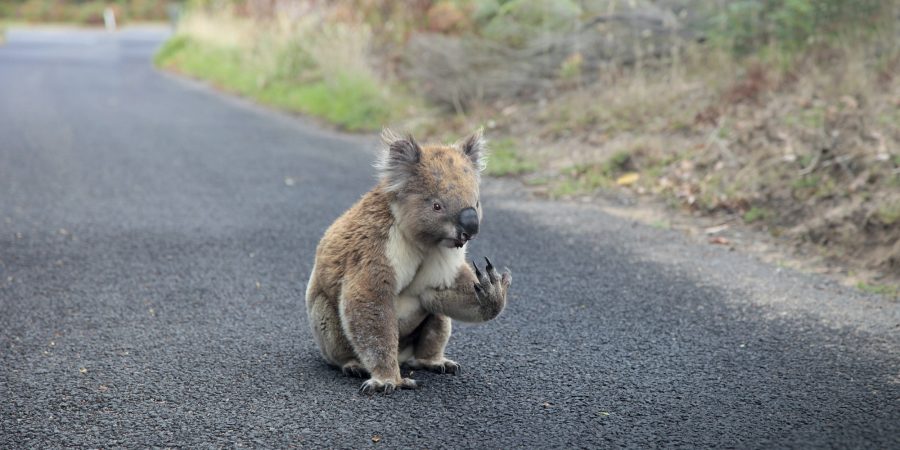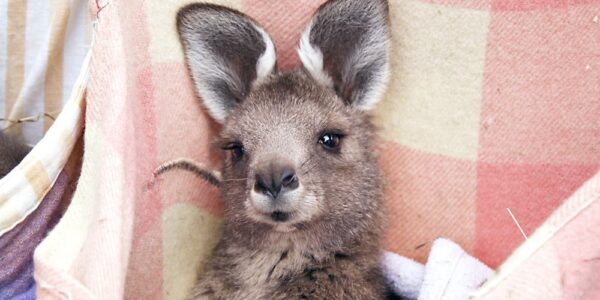In the wake of Australia’s bushfire crisis, social media is awash with images of animals in various states of distress being assisted by well-meaning and caring people.
And while some of these stories are portrayed as ‘heartwarming’ fluff pieces, it’s important to understand that wild animals that appear to be particularly docile, or even approaching humans is not natural behaviour — and in fact indicates that the animal is disoriented and/or distressed.









